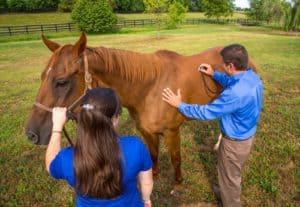
Equine Prepurchase Exams: Not Just Looking for Lameness
Find out what conditions, beyond lameness, a veterinarian might uncover during a prepurchase exam.

Find out what conditions, beyond lameness, a veterinarian might uncover during a prepurchase exam.
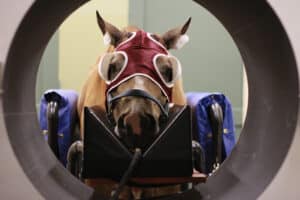
Emerging technologies are giving veterinarians the tools they need to best address dental disease in horses.

These programs designed to strengthen airway muscles might help affected horses avoid surgery.

This technology has helped veterinarians diagnose upper airway dysfunction during exercise.
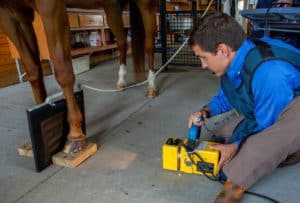
Diagnostic imaging technology has improved tremendously in the past few decades, with several effective options to choose from. Learn about the machines and technologies your veterinarian can use to look inside your horse, including MRI, CT, PET scans, and more.
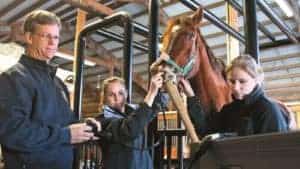
Here’s what to expect if your horse needs to undergo gastroscopy, the only surefire way to check for equine gastric ulcers.
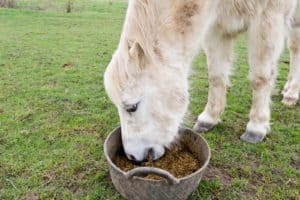
Chokes are common equine emergencies with potentially serious consequences. Here’s what you need to know.

Learn to read the vast and varied signs of equine gastric ulcer syndrome.

While physicians have used capsule endoscopy in humans for more than a decade, it’s only recently become commercially available on the veterinary market for dogs and shows promise for use in horses.

Are breathing issues slowing your horse down? Here are some surgical and management options that might help.

Of the 323 respondents, only 81 (25%) have had a gastroscopy performed on their horse to check for ulcers.

Both endoscopic techniques provide invaluable information and, in most cases, should be used together, one practitioner says.
Presentation topics will include metabolic issues, breeding, melanoma, lameness in prepurchase exams, and more.
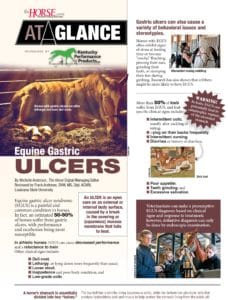
Equine gastric ulcer syndrome (EGUS) is a painful and common condition in horses. Download this free guide to learn more!

This approach involves inserting a video endoscope into the epidural space to visualize potentially painful lesions.

Equine Veterinarians Australia takes a look at what goes on behind the scenes with racehorse practitioners.
Stay on top of the most recent Horse Health news with
© 2022 Copyright Statement dolor sit amet, consetetur sadipscing User Terms, sed diam nonumy eirmod tempor invidunt ut labore et dolore magna aliquyam erat, sed diam voluptua. At vero eos et accusam et justo duo dolores et ea rebum. Stet clita kasd gubergren, no sea takimata sanctus est Lorem ipsum dolor sit amet.
"*" indicates required fields